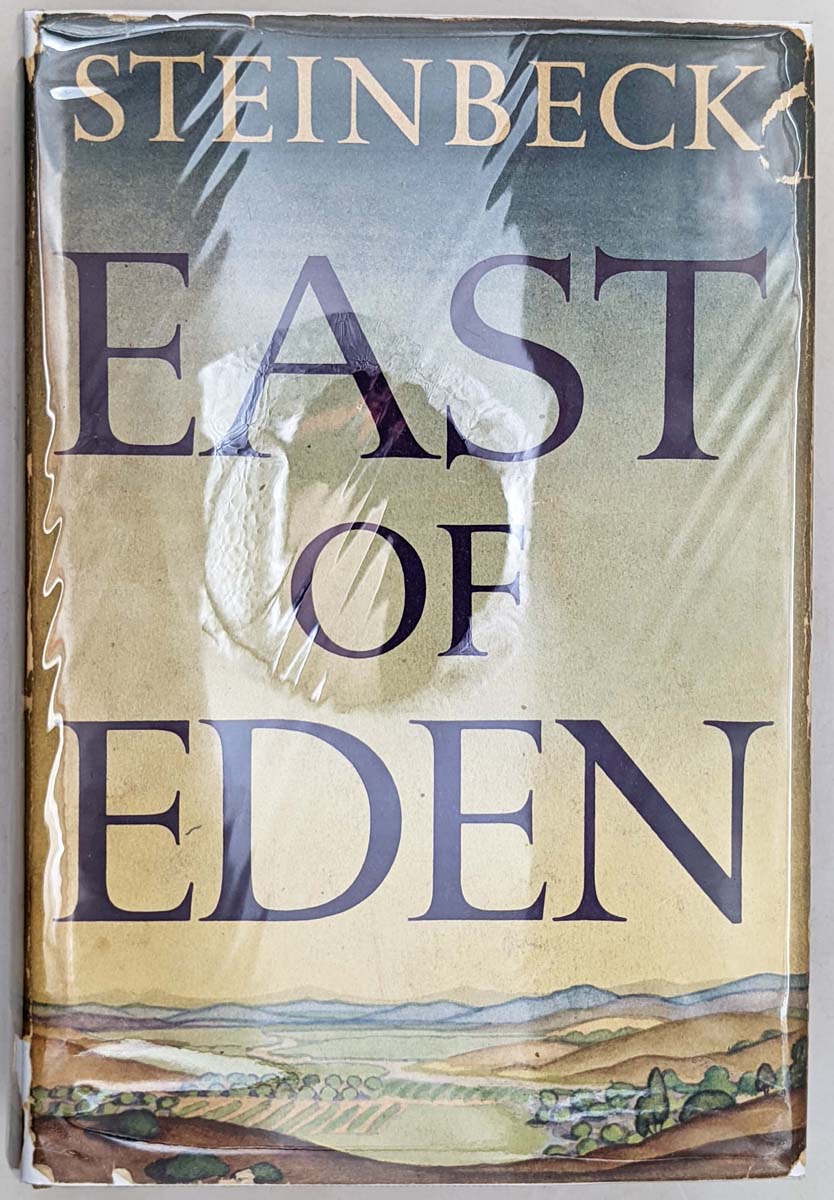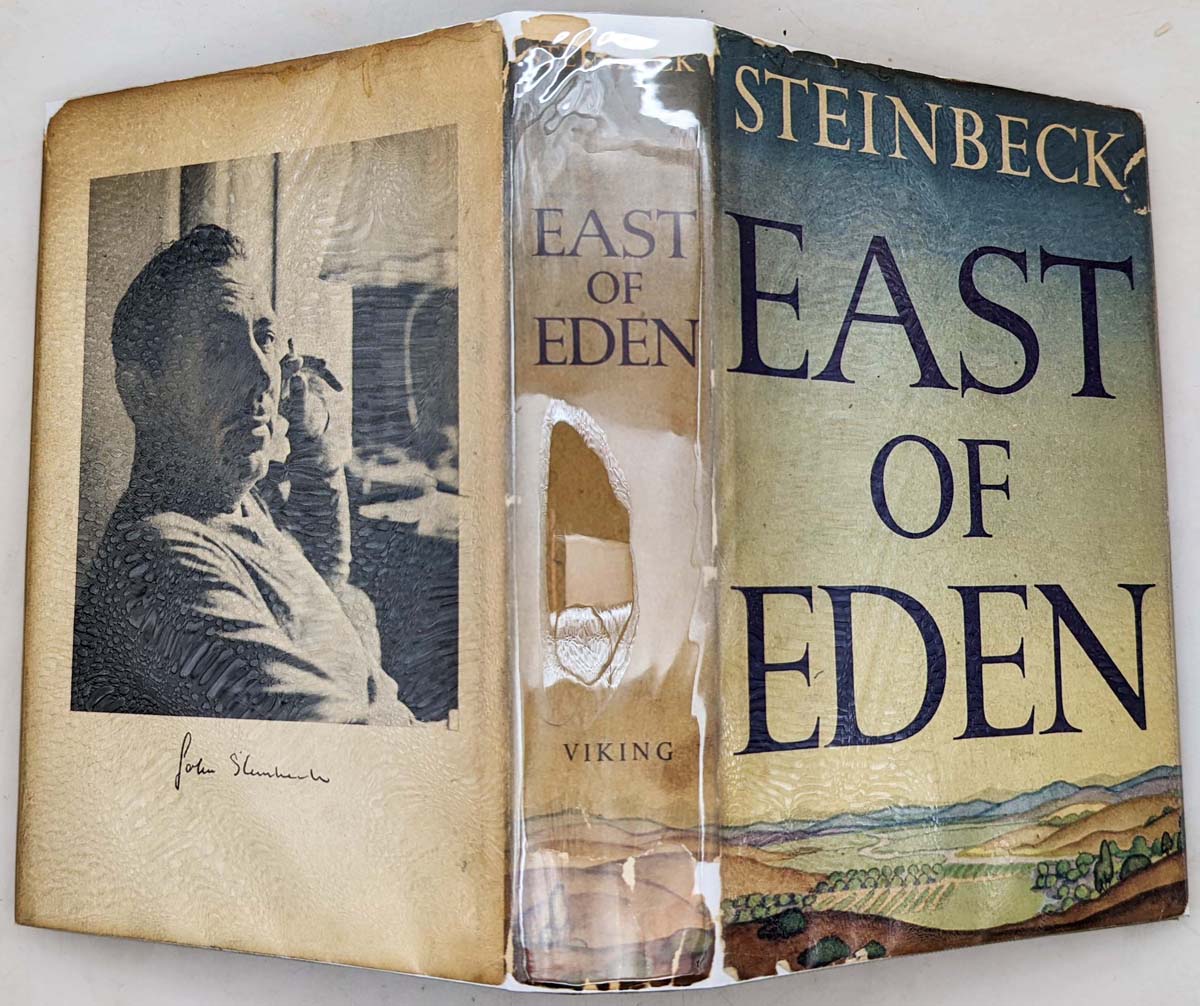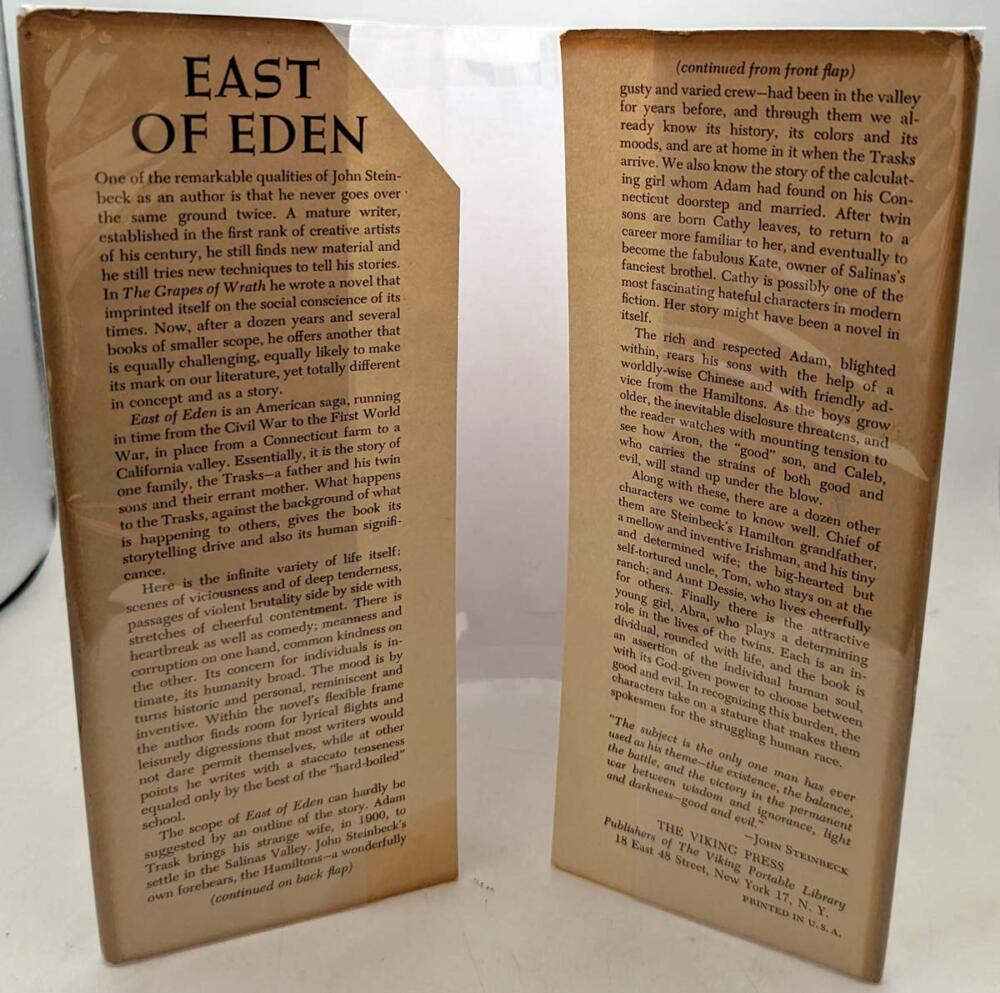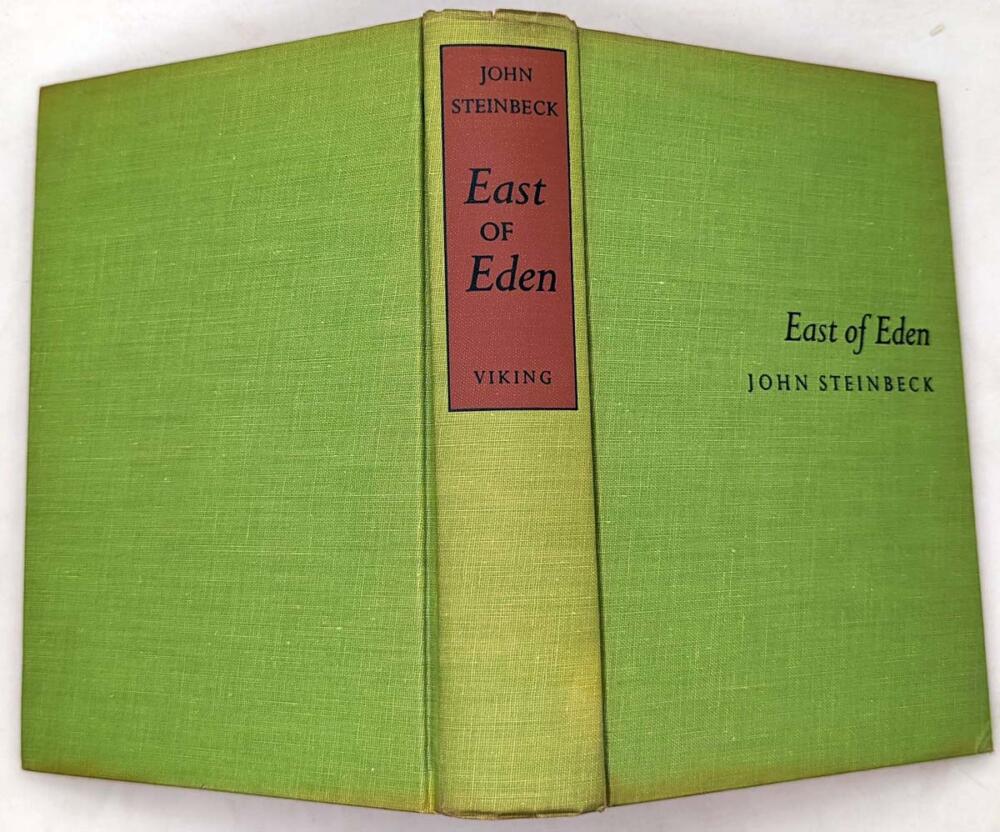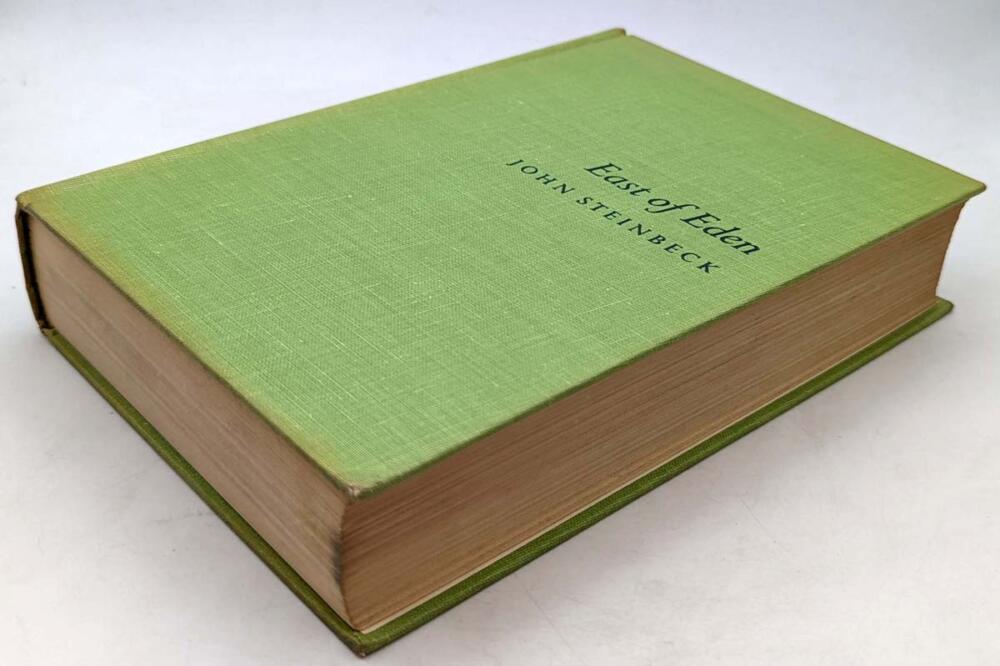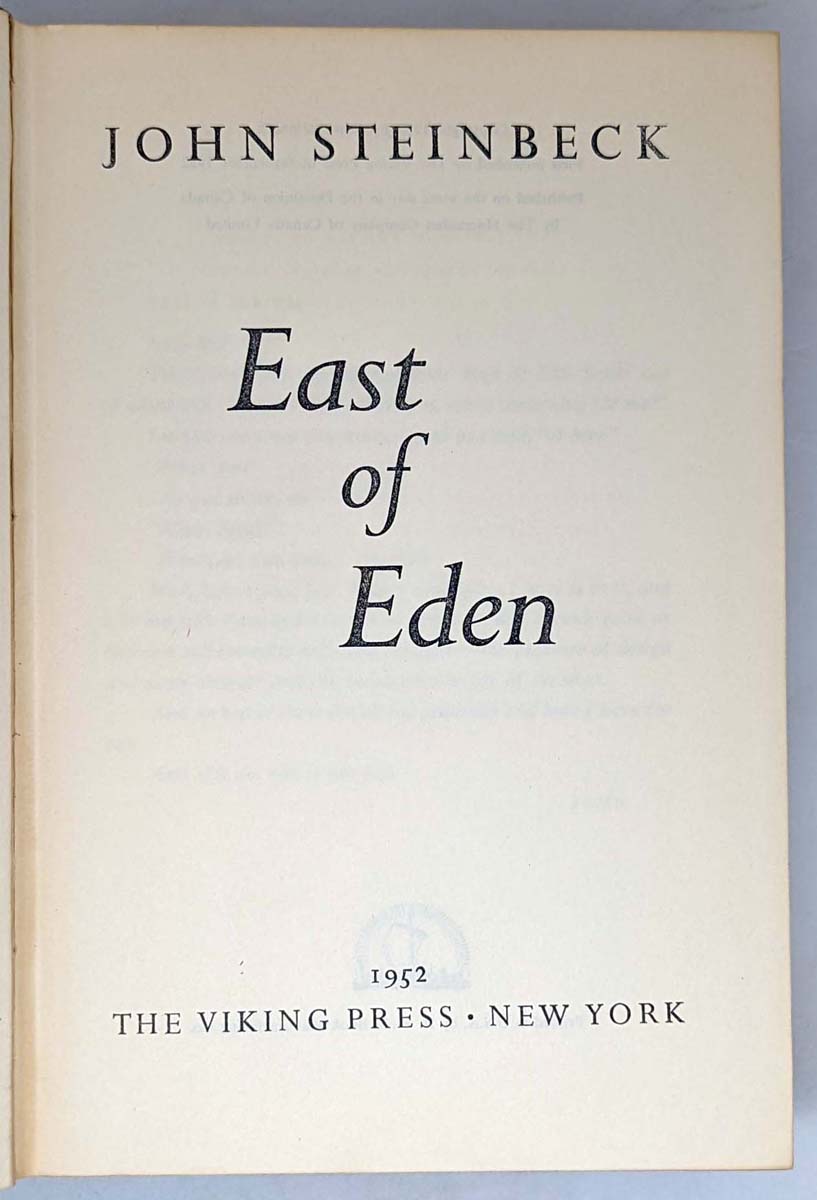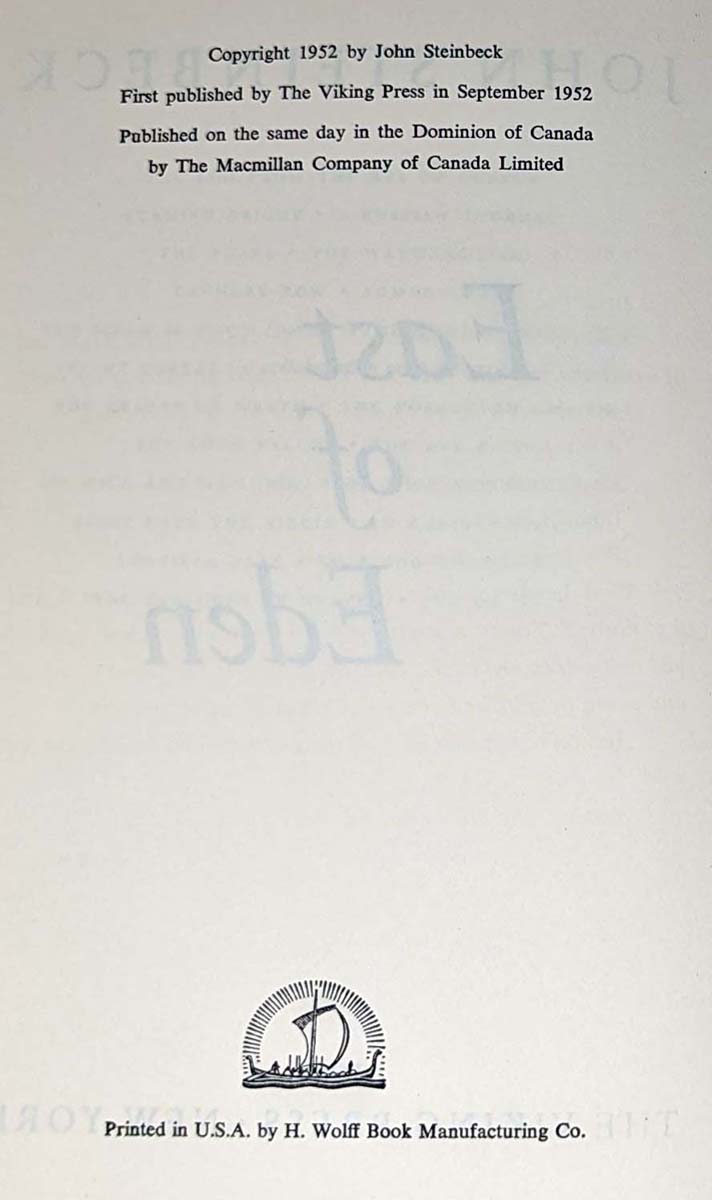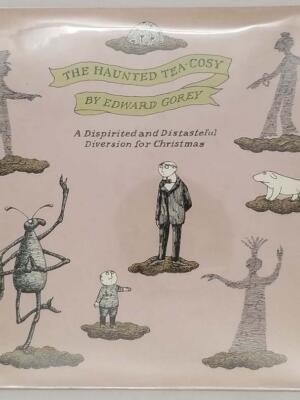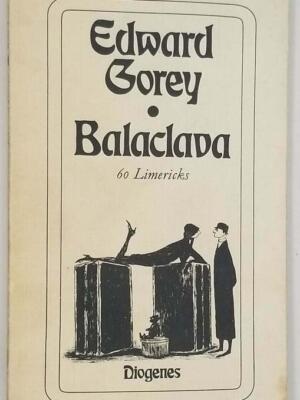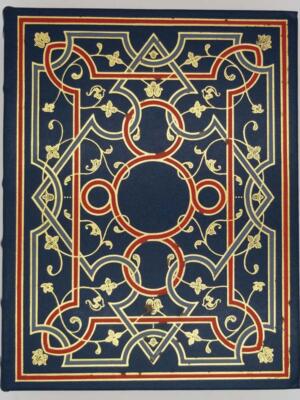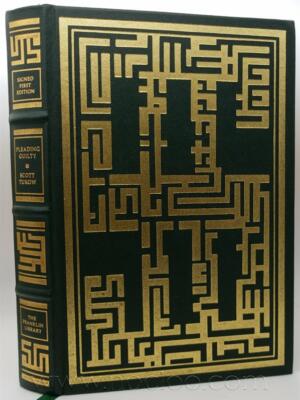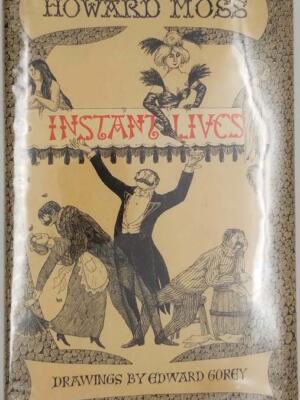John Steinbeck‘s epic novel East of Eden is a sweeping, multi-generational saga set primarily in California’s Salinas Valley, exploring themes of good and evil, free will, and the enduring struggle for identity and redemption. Loosely inspired by the biblical story of Cain and Abel, the narrative follows the intertwined destinies of the Trask and Hamilton families, delving into their conflicts, passions, and moral dilemmas.
At the heart of the story is Adam Trask and his troubled sons, Aron and Cal, whose fraught relationship mirrors the age-old battle between light and darkness. The enigmatic character Cathy Ames, one of Steinbeck’s most chilling creations, embodies pure malice, while the wise and philosophical Lee, the Trasks’ Chinese-American cook, provides profound insights into human nature.
Steinbeck considered East of Eden his magnum opus, blending rich character studies with lyrical prose and a deeply personal reflection on the human condition. The novel’s famous phrase “timshel”—Hebrew for “thou mayest”—becomes a central motif, suggesting the power of choice in overcoming one’s inherent flaws.
A masterpiece of American literature, East of Eden remains a timeless exploration of love, guilt, and the possibility of transcendence.
